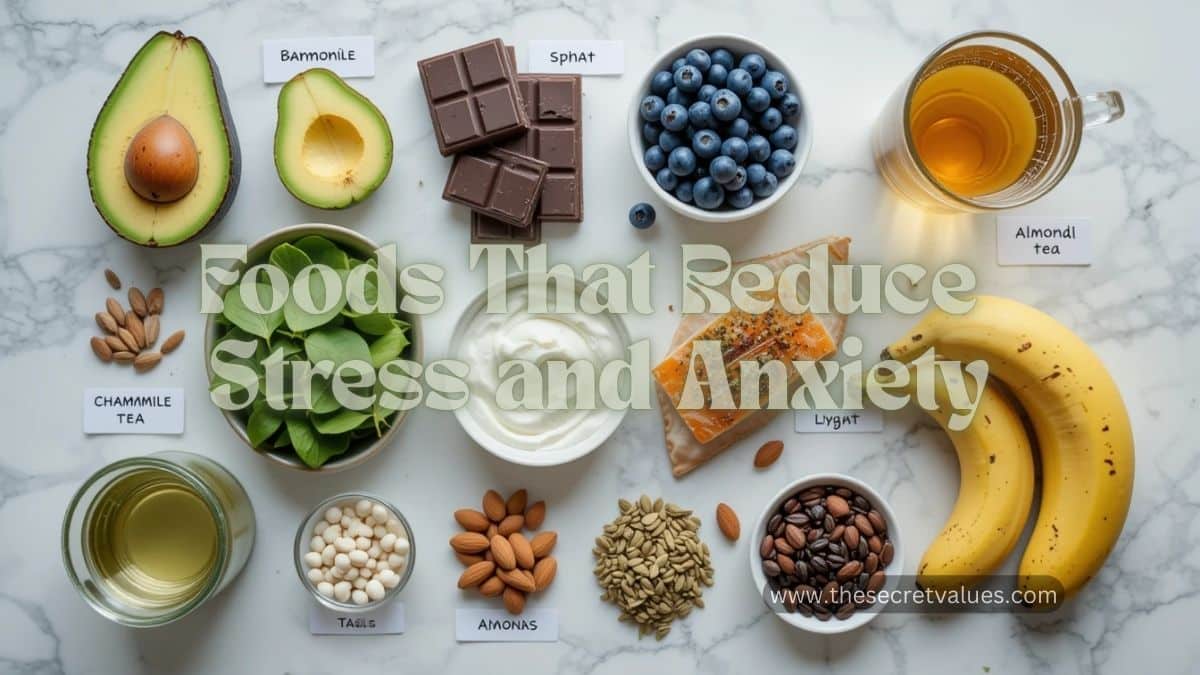Stress is all around us, be it traffic, deadlines, family, etc., it is more important than BIG to know how to Avoid Stress. You need to begin pacing yourself when you always feel overwhelmed, exhausted, or unbalanced to determine the underlying issues. In this blog, you will be provided with examples of the basic, handy tools that this blog will offer you to regain control. You’ll learn to prevent Stress, establish effective self-care techniques to address mental health, and investigate simple ways of alleviating Stress in this guide. We break it down, bit by bit, so that it becomes easy and, in fact, doable in your day-to-day life.
Understanding Stress
Stress is how your body reacts to any demand or challenge. Whether emotional, physical, or mental, the response is as expected: a higher pulse rate, shallow respiration, and knotted muscles. When untreated, Stress may lead to burnout, anxiety, and severe health problems.
The Importance of Learning How to Avoid Stress
Stress can influence your sleep, relationships, and even your productivity. It may also cause such conditions as depression, hypertension and stomach disorders. Knowing how to avoid Stress means taking control of your life and mental health before things spiral out of control.
Indicators that You are Living in Excessive Stress
Emotional Symptoms
- Constant worry
- Short-temperedness or temper fancies
- Exhausted or unable to control oneself
Behavioral Symptoms
- Procrastination or failure of duty
- It involves using food, alcohol or other substances to cope.
- Rejection of others
Physical Symptoms
- Muscle strain or headaches
- Trouble with sleeping or fatigue
- Nausea, or skin disorders
Effective Self-Care Habits for Mental Health
Wish to have peace of mind? Begin by doing little and repetitive behaviours.
Awareness Morning Practices
By getting up early and not checking your phone first thing in the morning, you will have time to yourself.
Setting Boundaries
You don’t have to say yes to everything. Learn how to say no to save your energy.
Good Dietary Regimen
Your food influences your mood. Select those foods that contain magnesium and vitamins, such as nuts, green foods, and whole foods.
Top Daily Methods of Reducing Stress
Deep Breathing
Practice breathing in with a count of 4, holding with a count of 7 and breathing out with a count of 8. Do this five times. It relaxes your nervous system.
Journaling
Write down everything that comes to mind, and you will have done mental housecleaning.
Dance Your Body
A quick walk or yoga, in general, has a stress-relieving effect due to the release of stress hormones.
Stress Management Strategies That Work
Time Management
Write to-do lists, group similar tasks, and utilise time-saving tools like Pomodoro timers to stay focused.
Digital Detox
Cool down and recharge by taking a break from social media or screen time.
Gratitude Practice
Write three things you are grateful for every night. It changes your perception.
How to Avoid Stress Through Better Sleep
Your body enters repair mode when you sleep. With a lack of many things, everything would be hurt.
Wind-Down Rituals
Establish a bedtime ritual with dimmer lights, no screens, music or reading.
Maintain Consistency
Balance your body clock by sleeping and waking at the same time every single day.
Developing a Positive Environment
It is the surrounding people.
Construct positive bonds
Be in the company of people who will listen to you, help you join supportive communities, and be on positive vibes.
Avoid Negativity
Cut off people who sap your work. No money is worth the peace you have.
The integration of Mindfulness and Meditation
These are not mere jargon; they are effective.
Mindfulness Techniques
Be present. Observe your breath, hearing or feel around.
Beginner Meditation
Begin with 5 minutes only. Follow the instructions provided by the app or YouTube.
The Art of Saying No
The cup can not be poured where no one is pouring.
Stop People-Pleasing
You have nothing to give everybody a yes that comes at the expense of your mental health.
Value Your Energy
Say no to what is off your peace or what does not fit your goals.
The Missing Link between Nutrition and Stress
What you consume during a stress episode is what you become.
Mood-Boosting Foods
Bananas, dark chocolate, almonds and leafy greens are mood regulators.
Stay Hydrated
Focus and mood can be altered even by mild dehydration.
How to Avoid Stress at Work
One of the most significant stressors for adults is work-related Stress.
Plan your Day
Break down large tasks into manageable pieces. Put reasonable deadlines.
Set Boundaries
No more answering work emails late at night or on weekends.
Remaining the Same as you are in your Self-Care Regimen
It does not matter whether you have a flawless routine or not. What matters is consistency.
Establish Habits Which Stick
Latch new habits to old. For example, meditate after you’ve just brushed your teeth.
Count your victories
Record down instances where you are relaxed, concentrated or happy. Sharpen what is good.
Conclusion
Learning how to Avoid Stress isn’t a stressful thing—it’s a lifestyle. You do not need modern retreats and pricey programs. To maintain your mental health, establish consistent self-care habits, adopt daily methods to reduce Stress, and implement realistic stress management strategies. It is like mental hygiene: some minor daily works bring considerable outcomes. Start today. You got it.
FAQs
Q1. How can Stress be minimised in the shortest time possible?
One of the quickest and most efficient methods of calming your body and mind in just a few minutes is deep breathing.
Q2. Can stress resolve by itself?
Sometimes, yes. However, Stress typically demands efforts and lifestyle modification to control.
Q3. What are the signs that Stress is going to ruin my mental health?
When you feel overwhelmed or angry most of the time, or emotionally drained, it may be Stress that affects your mental well-being.
Q4. How can exercise help reduce Stress?
Exercise causes the body to produce endorphins, which are natural stress relievers. A brisk walk can have an effect.
Q5. Is it possible to use mindfulness to manage Stress in our daily lives?
Absolutely. It helps you stay in the moment and avoid falling into the trap of overthinking and anxiety.






